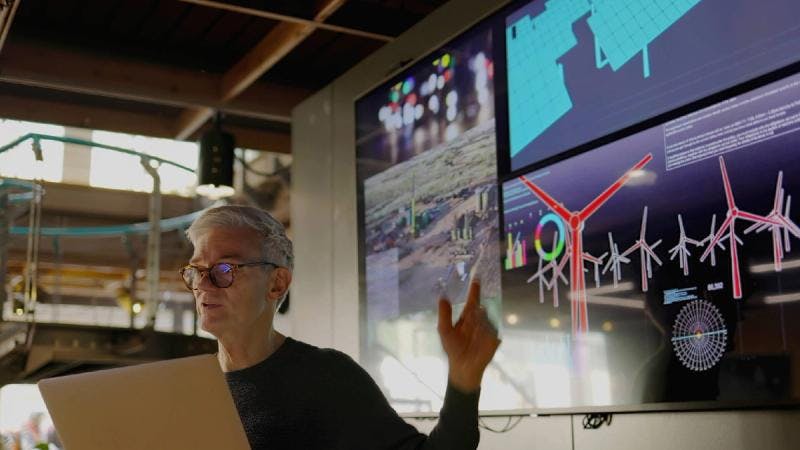Emerging controversy about working conditions and human rights abuses in carbon credit projects is highlighting corporate decision-makers’ need for thorough due diligence to avoid reputational risks. On February 19th, Repórter Brasil revealed it had discovered slave labour conditions on a carbon credit project, operated by Maisa Project. Sixteen workers had been hired to clear 477 hectares of forest for a local farming operation – a clear contradiction of the purpose of a REDD+ project. Audi, Uber, Nike and Giorgio Armani had all purchased credits generated from the project. Although quality, effectiveness and additionality critiques have long been levelled at REDD+ projects, social concerns have gained less media attention. Co-benefits, or lack thereof, are an under-discussed element of the VCM. Clean cookstove projects – an avoidance project – have been challenged over their carbon claims. But the market accepts the role clean cookstove projects can play in improving public health in developing economies. Thus far, no consistent approach has been developed to quantify these claims in sustainability reports. In the face of a burgeoning removals market, expect corporate demand for quantifiable co-benefits to prop up the avoidance carbon credit market – the challenge will be establishing metrics to quantify impact.
Navigating Controversy And Inconsistency: Pricing Co-Benefits In A Turbulent Market
·
1 min read
Written by

Join Verdantix Vantage, our new platform providing complimentary and unlimited access to the entire portfolio of Verdantix research for qualifying practitioners
Join nowShare:
Written by
CT

Connor Taylor
Connor is a Senior Analyst in the Verdantix Net Zero & Climate Risk practice. His current research agenda focuses on carbon management software, climate change consulting services, and the voluntary carbon markets. Connor joined Verdantix in 2021, with prior experience in EHS technology sales and development. He holds a BA from the University of Cambridge in Anglo-Saxon, Norse and Celtic.

The Curiosity Applied podcast
Dedicated to exploring the scale, shape and velocity of change in the business world as our economic system adapts to sustainability changes and climate risk.
Listen nowMore from Connor Taylor
Related content



